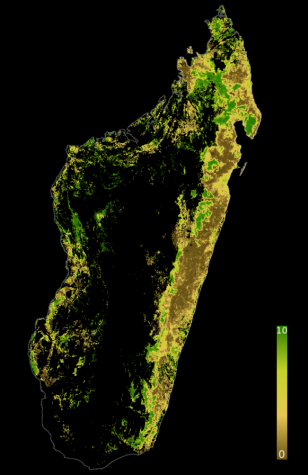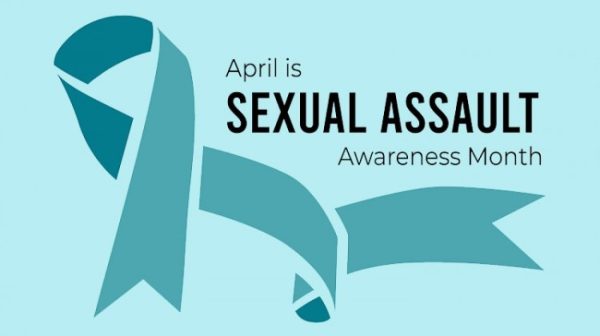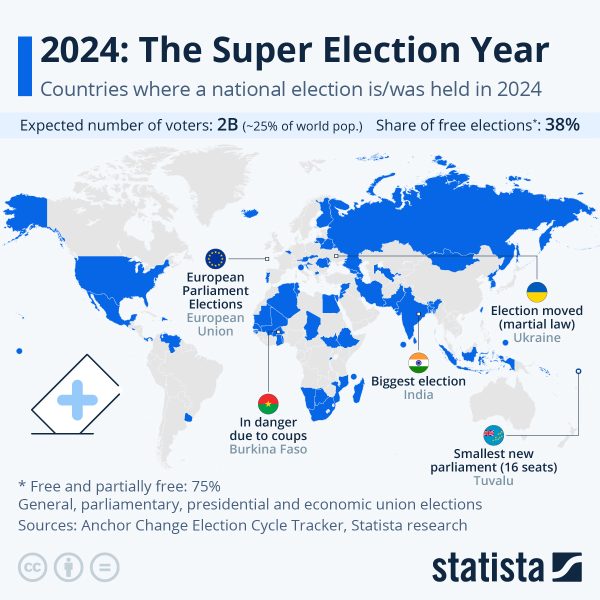Madagascar: Climate-Driven Hunger

November 16, 2021
Climate change is no recent issue. The effects of global warming and pollution have had an impact on the world since the beginnings of the Industrial Revolution. However, as the environment becomes more unstable, countries around the world are facing problems on an unanticipated scale. Temperatures are rising. Weather patterns are fluctuating. The world we live in is becoming more unstable by the second. While this may not be new information, the effect it is having on developing countries is no short of catastrophic. There is no better example of the devastating effects of climate change on developing countries than Madagascar.
Madagascar is a relatively large island off the coast of Africa. It is home to some of the most unique and biologically diverse plant and animal species on the planet. Prior to the exacerbated effects of global warming, Madagascar was already subject to tropical cyclones. Although the storms previously seen in Madagascar may be considered tame to the crisis faced today, as the people of Madagascar battle a nationwide famine. So how does a famine tie into climate change, especially when most of Madagascar’s population lives in rural areas?

Part of it is simply geography. Madagascar is in a position where it is already hit by tropical storms, add in the fact that climate change is slowly altering the atmosphere, and the magnitude and intensity of those storms increases. Not only is Madagascar being ravaged by more cyclones, but it is also at odds with flooding and droughts. As previously mentioned, Madagascar is mostly rural. Most of the population is dependent on agriculture for both income and survival, with poverty levels extremely high. When storms become worse in an area where there is little means to protect oneself or one’s livelihood, it becomes easy for disaster to strike. Not only is the population and their land susceptible to the elements, but the people are left even more vulnerable to another natural disaster as they seek to recover. With little time to recover, the cycle only continues.
 The famine itself stemmed from conditions created by global warming, with no signs of improvement on the horizon. As the climate changes, the natural disasters that might have been tolerable become devastating, and, as Madagascar is a developing country, the poverty levels rise. People begin to go hungry, lack of proper nutrition rendering them susceptible to disease. Without proper nutrition or access to health care, global warming creates a catastrophic impact on an entire nation. Madagascar is shaping to be the first of many examples of climate-driven hunger, with no relief unless changes are made.
The famine itself stemmed from conditions created by global warming, with no signs of improvement on the horizon. As the climate changes, the natural disasters that might have been tolerable become devastating, and, as Madagascar is a developing country, the poverty levels rise. People begin to go hungry, lack of proper nutrition rendering them susceptible to disease. Without proper nutrition or access to health care, global warming creates a catastrophic impact on an entire nation. Madagascar is shaping to be the first of many examples of climate-driven hunger, with no relief unless changes are made.
Although the situation may seem hopeless, there are some things that can be done to help with the famine. If housing conditions were improved and a better healthcare system was established (one outfitted with the means to respond to such disasters), Madagascar might be able to tackle these disasters in the future. That being said, there would also need to be a greater emphasis on diversifying the country’s income. As most of the population relies on far
mland, there is an increased dependence on agriculture. This means the country is prone to falling into economic despair should environmental factors interrupt their main source of income (ie. farming). There would need to be a change in the country’s reliance on agriculture, but those changes only come with time and stability. Steps could be made to help Madagascar be better prepared for the future, but no progress can be made until the present famine is dealt with. Humanitarian aid would
 be needed to assist in getting Madagascar back to a place of stability.
be needed to assist in getting Madagascar back to a place of stability.
While there are some things that can be done within Madagascar to help lessen the effects of global warming on this famine, the root of the problem must be addressed. Global warming is going to have an absolute impact on the world, not just Madagascar. If only small solutions are made in response to the famine, disaster will only be prolonged elsewhere. The impact of climate change must be addressed and handled before it is too late.
Sources:
https://www.usaid.gov/madagascar/environment
https://www.ncbi.nlm.nih.gov/pmc/articles/PMC6313613/
https://www.wfpusa.org/drivers-of-hunger/climate-change/








